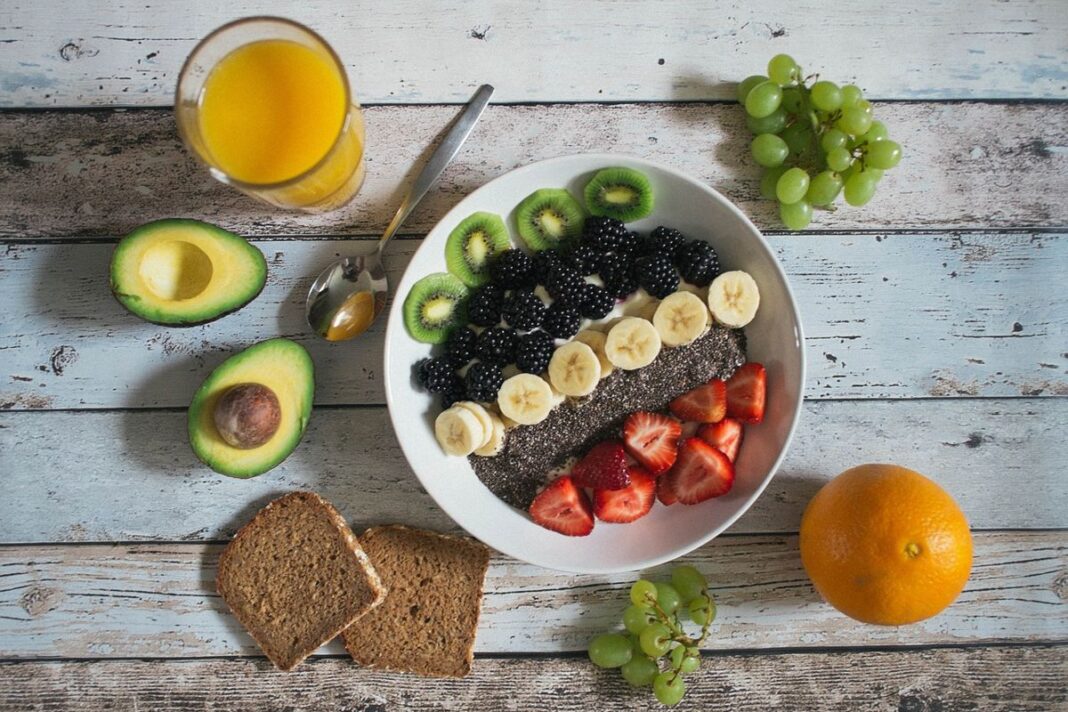Experts recommend considering multiple factors when choosing carbs.
You pick up two oatmeal options at the store. Both claim to be 100 percent whole grain oats. Both have 27 grams of carbohydrates. One takes 30 minutes to cook; the other is ready in 90 seconds. To you, it’s a matter of convenience—but to your body, they’re two entirely different foods. That subtle difference can affect everything from your energy and appetite to your blood sugar.
In recent years, carbs have gotten a bad rap—but not all of them deserve it. So what makes a carbohydrate truly healthy? It’s not just the number of grams on the label—it’s how the carb behaves in your body.
Carbohydrates are chains that your body has to break apart. Digestion is how your body clips those chains into smaller molecules that your cells can actually use. The more processed a carb is—whether by a factory, knife, or blender—the faster it’s absorbed. And that speed changes how your body reacts. Sometimes health isn’t just about what kind of food you eat, but how hard your body has to work to process it, and how long that takes.
With Dr. David A. Kessler, the former Food and Drug Administration commissioner, now calling for a low-carb option in the official dietary guidelines, it’s the perfect time to rethink what makes a carbohydrate truly healthy and combat the misperception that all carbs are unhealthy.
Several factors shape carb response, including fiber content, food combinations, the carb’s processing, and your activity level. Understanding how these factors affect digestion and blood sugar can help you make more informed and personalized choices.
Define Carbs
In addition to protein and fat, carbohydrates are one of three macronutrients. The term “macro” means your body needs them in large amounts to function properly. Carbs are the body’s primary and most readily available source of energy. They are classified based on their chemical structure and how many sugar units they contain.
Lourdes Castro, a registered dietitian and director of the NYU Food Lab, told The Epoch Times to think about carbohydrates in three buckets:
- Simple carbs
- Complex carbs
- Fiber
Simple carbs are like a short strand of one or two pearls that your body can snap apart easily. Complex carbs are longer strands of 10 or more pearls, which take more time and effort to digest.
Fiber looks like complex carbs but with a twist: the “pearls” are linked in a way your body can’t break. So fiber passes through your digestive system mostly intact, playing a crucial role in digestive health, blood sugar regulation, and satiety.
“Some carbohydrates are more difficult to digest. But that’s a good thing, especially if you are in a healthy state,” said Castro.
In general, the harder a carb is to break down, the more metabolic benefits it can offer. That’s why digestion isn’t just about what you eat, but how much chewing, cooking, and processing the food has undergone before it hits your bloodstream.








